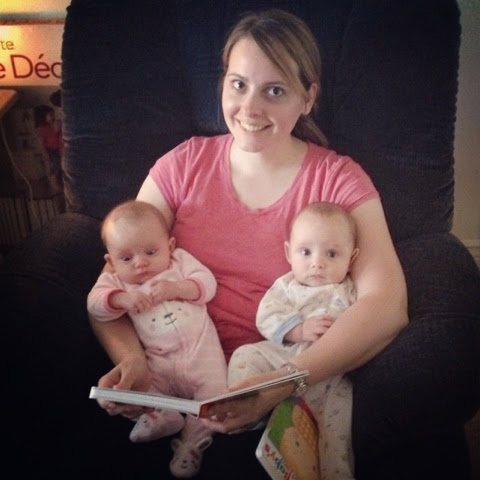The second question is how to do it if the answer is yes.
But first, answer the weaning question. Is your baby ready to go all night without eating? Many babies are ready at 8 months and many are not. Keeping at least one-night feeding until after a year is not uncommon or weird. Each baby is different.
If your baby wakes multiple times to feed overnight and you are ready for some longer stretches of sleep, then it might be possible to get 6-12 hour stretches. But it might not. If your intuition is telling you that your baby doesn’t need to wake to feed as often as they are, begin with bedtime.

What? Bedtime? Not the middle of the night?
That’s right. Maybe that’s not what you expected me to say. Well, what your baby uses to fall asleep is what they want to use to fall back to sleep when waking between sleep cycles in the middle of the night and in the wee early morning hours. So, when you change what happens at bedtime, it can potentially change what happens in the middle of the night. Try putting your baby to bed awake and aware onto their mattress but also in their natural sleep window and see if they fall asleep on their own, without your assistance with feeding or even rocking.
If they can, then wait for the middle of the night magic to happen. Longer stretches of sleep could be in your immediate future.
If they can’t fall asleep on their own, we can work together with a sleep plan using gentle and hands-on techniques to help your baby get there. A sleep consultation may be in your future. Set up a sleep assessment to talk about it with me on the home page. Https://getquietnights.com
Check out my other article on this topic.
Tracy Spackman
Certified Gentle Sleep Coach.


